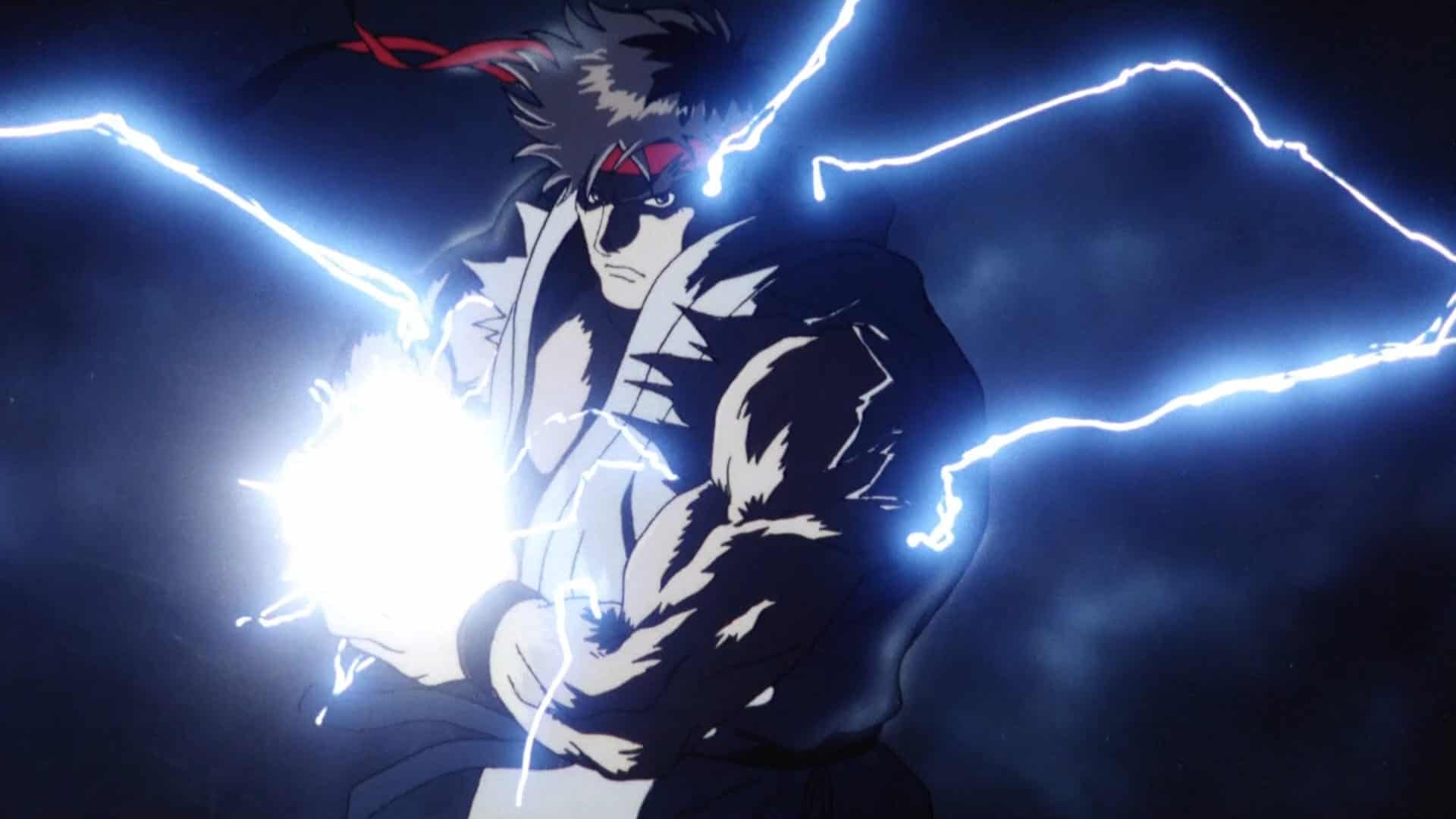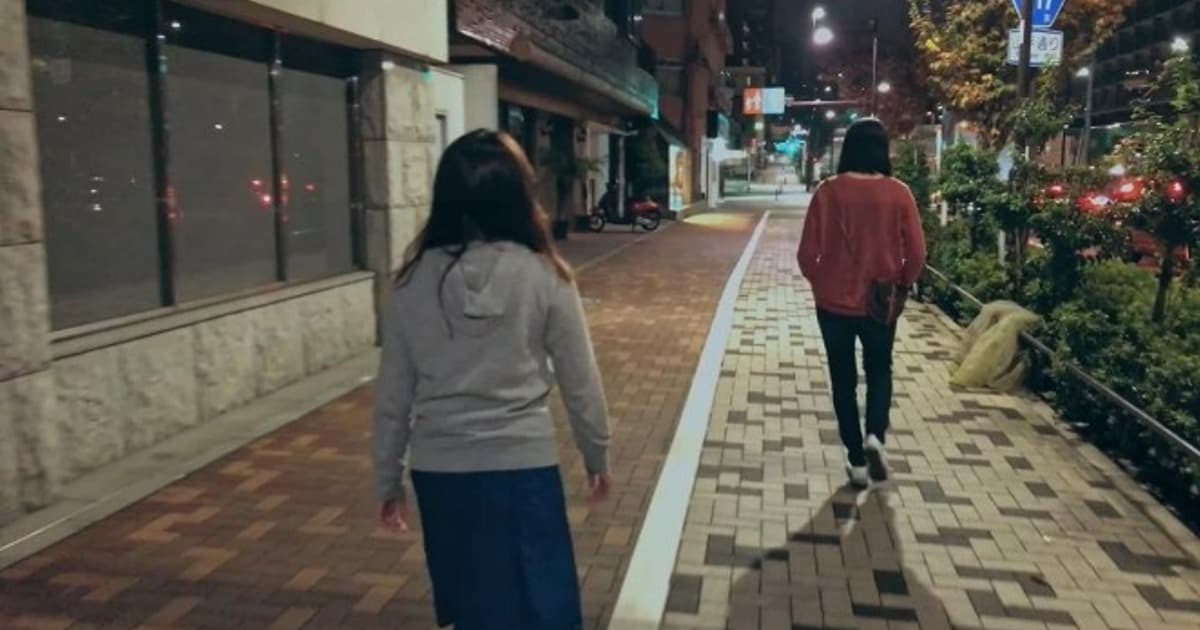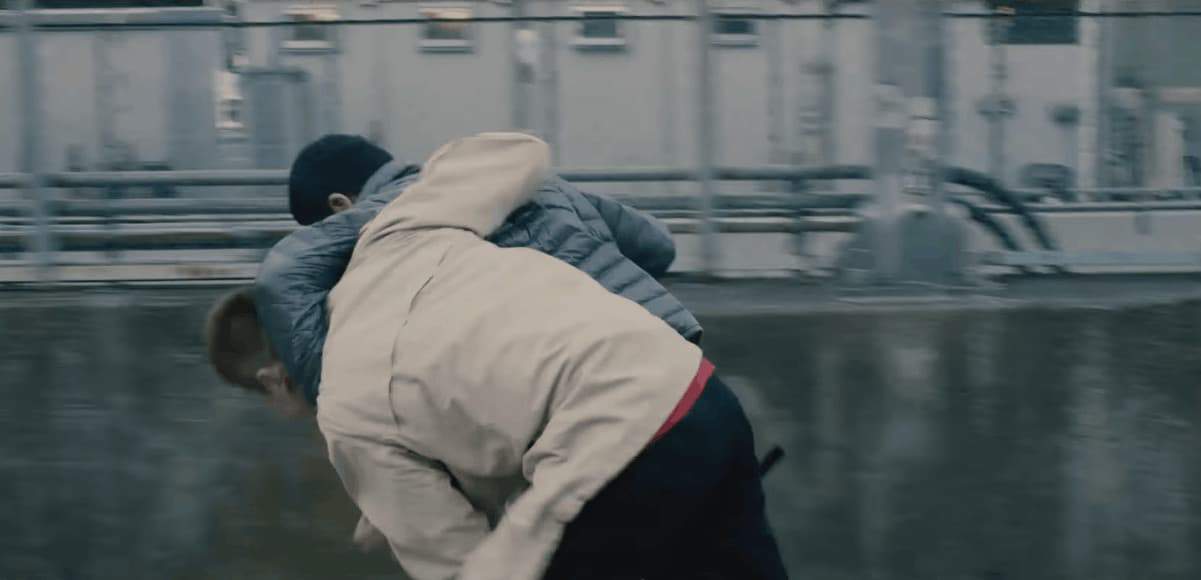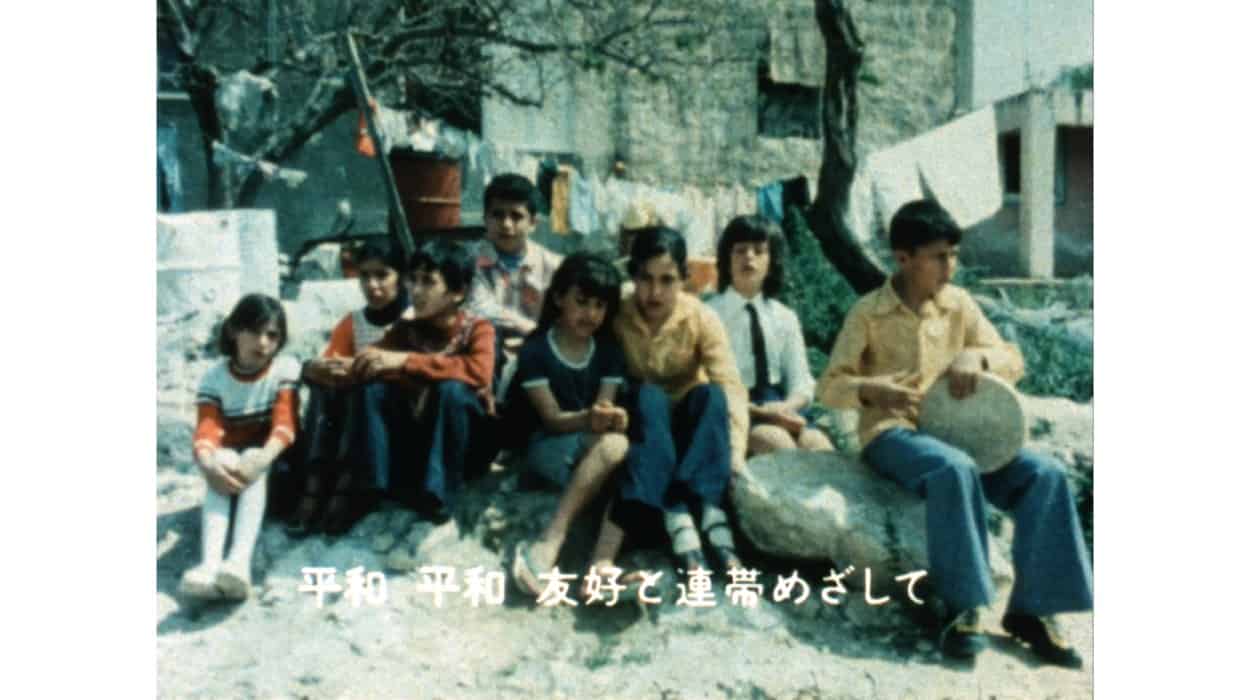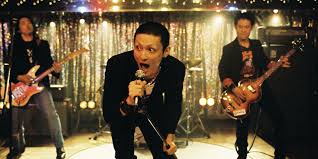Okinawa and its status is one of those difficult subjects not often discussed when considering it as an island paradise. Part Japanese holiday destination, part US army base, it is used and controlled by those other than Okinawans. In one of his lesser-known works, Nagisa Oshima explores Okinawa as the illegitimate child of distant parents, but one rich in culture.
Dear Summer Sister is screening at Japan Society
14-year-old Sunaoko (Hiromi Kurita) travels from Tokyo to Naha, Okinawa, with her father's young fiancée Momoko (Lily) in search of her half-brother whom she has never met. On arrival, she meets a young tour guide and musician (Shoji Ishibashi) who translates Okinawan dialect for tourists. Searching for her brother's mother, Tsuru (Akiko Koyama), it soon becomes clear that the tour guide is the brother she has been looking for. With the arrival of Sunaoko's father Kikuchi (Hosei Komatsu), discussions turn to the past and the post-war period, turning this firmly into a political allegory as to Okinawa's place within wider Japan, America and the growing loss of its identity.
The strength of “Dear Summer SIater” is in Yasuhiro Yoshioka's camera creating a tourist gaze from a fast-moving car. The blurred images of Okinawa's pleasure districts as the Tokyoites speed by, paint an image of what most Japanese will see of Okinawa. Oshima is also quick to ensure that western drinks brands are shown on the sides of bars and shops whenever possible; and neon lights feel like a nod to Ozu's “Tokyo Story”.
Yes, Okinawa is a playground to outsiders: a beach holiday destination for Japanese; an entertainment district for the US army. Young Okinawan women are viewed as prostitutes for their pleasure; or a summer romance in Kikuchi's case, his summer fling with Tsuru bringing with it the birth of Tsuruo.
As the elders discuss in two later scenes, Okinawa is a culture rich in language and music, which Oshima shows to some extent in Tsuruo's translations for Sunaoko and various musical performances. Okinawa is different to Japan – comparing it to the ‘home islands' – and only a half-sibling, never fully part of the family. Though perhaps more could be shown of this, with some extended musical performances welcome to fully show that culture. Largely, differences are communicated in scenes of dialogue, so while effective, they can be a little bland.
The performances from the cast are a little patchy also, with Lily growing into her role as Momoko, though as Sunaoko, Hiromi Kurita treads a fine line between teenage confidence and obnoxiousness. Shouting her lines with overzealous inflection, she seems to struggle to rehash the script, rather than let it flow naturally. Reducing the dialogue could have been beneficial, showing more of the foreign influence on the culture and entertainment districts, contrasting this with traditional Okinawan entertainment.
But the politics of “Dear Summer Sister” come across strong. Tsuruo could be Kikuchi's son, and part Japanese; or he could be police commissioner Kuniyoshi's (Kei Sato) and so Okinawan. With Okinawa in a state of flux following World War II, what really is the place of Okinawa?





